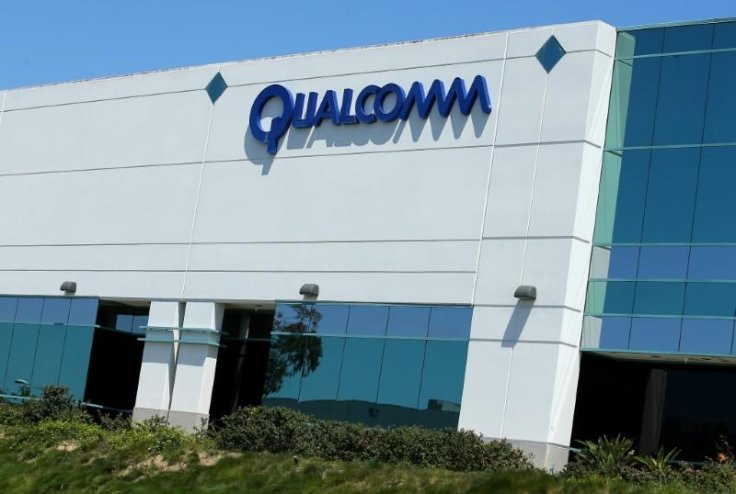
In yet another win for US President Donald Trump when it comes to securing American jobs, a "disappointed" Singapore-based Broadcom on Wednesday announced to withdraw and terminate its offer to acquire San Diego-based chip-maker Qualcomm.
In a presidential order, Trump on Monday blocked Broadcom's nearly $121 billion bid for Qualcomm, saying it might "impair the national security" of the country.
"Although we are disappointed with this outcome, Broadcom will comply with the order. Broadcom will continue to move forward with its redomiciliation process and will hold its Special Meeting of Stockholders as planned on March 23," the company said in a statement.
Broadcom has also withdrawn its slate of independent director nominees for Qualcomm's 2018 annual meeting of stockholders.
"Broadcom thanks the independent nominees who stood for election to the Qualcomm board, not only for their time and effort but also for their unwavering commitment to act in the best interests of Qualcomm stockholders," the company said.
The company also appreciated the statement from the US Treasury Secretary and the Committee on Foreign Investment in the US (CFIUS) chair Steven Mnuchin on March 12.
"This decision is based on the facts and national security sensitivities related to this particular transaction only and is not intended to make any other statement about Broadcom or its employees, including its thousands of hard working and highly-skilled US employees," Broadcom said.
In a presidential order, Trump claimed that "credible evidence" had led him to believe that if Broadcom were to acquire control of Qualcomm, it "might take action that threatens to impair the national security of the United States."
"The proposed takeover of Qualcomm by the Purchaser (Broadcom) is prohibited, and any substantially equivalent merger, acquisition, or takeover, whether effected directly or indirectly, is also prohibited," the Presidential order read.
Had it gone through, the acquisition would have been the largest technology deal in history.
The Presidential order is seen as a move to shelter US companies from foreign competition.
Broadcom had been pursuing Qualcomm for about four months.
Qualcomm's board of directors unanimously rejected an acquisition proposal from Broadcom last month, saying that they are turning down the latter's $121 billion bid on the grounds that the offer undervalued the business, and also that any takeover would face antitrust hurdles.
According to media reports, Trump's move will be cheered by the Qualcomm executives who opposed the bid and welcomed by the 13,000 local Qualcomm workers whose jobs may have been in jeopardy with a new owner. (IANS)








